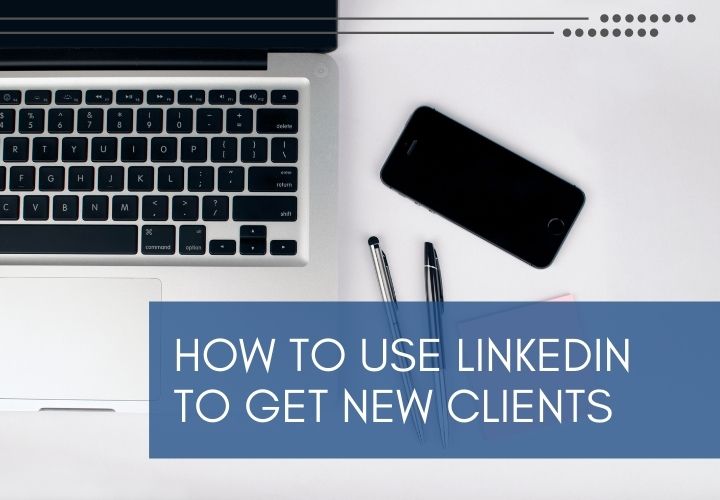Episode 53: The sales process for translators – Interview with Paul Urwin
05/18/2015Episode 54: What works and doesn’t work in translator marketing? – Interview with Sara Colombo
06/01/2015This is a guest post by Ron McCoy
![]() Email is a powerful tool and it makes perfect sense for translators to use email to contact agencies in the course of seeking project work. Advantages of using email to contact translation agencies include:
Email is a powerful tool and it makes perfect sense for translators to use email to contact agencies in the course of seeking project work. Advantages of using email to contact translation agencies include:
- Email can be sent any time of day, no matter the time zone of origination. This is especially important considering the global nature of the translation business and worldwide geographic distribution of translators.
- A permanent, written record is available for archiving and long term reference by the agency.
- Email is less disruptive (and therefore more favorably received by agencies) compared to other electronic communication means such as telephone calls and faxing.
In the process of contacting translation agencies by email here are just a few tips to keep in mind:
- In addition to attaching your resume in a standard file format (e.g., MS Word or PDF), paste a text version into the email to give readers the option to read everything without opening an attachment.
- Write an attention getting email subject line. The email subject line will more than anything else influence whether the email is opened.
- Incorporate social media and/or a link to your blog or website. Social media accounts are free and websites are inexpensive. Translators who are serious about their profession will have an online presence and feature it.
- Make email content not only visually scannable (e.g., bullet points) but also searchable (use relevant keywords). Make sure email software such as Outlook will identify your email when searching on the most important keywords (e.g., Spanish medical translator).
On the other side of consideration here are a two emailing practices to avoid:
- Mass Email Outreach with No Customization or Personalization
If translators think that mass bombardment of translation agencies with an impersonal, canned email will be effective, go ahead and try it, but don’t be surprised if the results are disappointing. This approach might be more likely to work if you’re one of the few translators in the world in your language combination and there just happens to be a high demand for that service. For most translators that’s not the case.
- Failing to Differentiate Yourself from Other Translators
In a competitive market (and translation is one) differentiation is often a key to success. Agencies must differentiate themselves to compete. Translators must do it also. Marketing differentiation is a big topic but translators would be well served to do some online research and read an authoritative article on this subject. Finding the right differentiation strategy may take some time and experimentation, but the alternative is to settle for being a commodity.
About the Author
Ron McCoy is the director of Affinity Translation in Denver, Colorado. To read more on this topic see the complete Translator’s Guide to Emailing Translation Agencies on our blog.



4 Comments
If I could offer one tip for professional translators: please buy your own domain name. Instead of sending from Hotmail or GMail or Yahoo, which alone looks unprofessional, buy a domain name (costs less than 10 bucks per year, folks!) and route your emails via that route. You do not have to build a website to use that option!
The vast majority of the spam emails that I receive are from Hotmail followed by GMail. Because of the large number of spam emails that I receive from companies that illegally harvest freelance translator CVs from the ‘net, I have taken to filtering all of them to an “already read” folder that I routinely clean out without reading any of them.
Just by sending your CV via your own domain name you differentiate yourself from the rest. Do it. DO. IT.
Hi Tammi! Thanks for your tip. I do agree with that and it does not cost very much either to register your own domain name.
Great post!
I’m not too sure about pasting some parts of your CV in the email. If the agency isn’t interested in your CV, they aren’t going to read your CV either.
What I do it’s to focus on the benefits that they can gain by using my services and try to persuade him to open my CV and make them be interested in my services.
Thanks for the tips!
David.
I like your post, Ron!
I guess you can’t emphasize enough that the email should be kept as personal as possible.
Here are some of my favorite rules:
– Show that you care
– Ask for feedback
– Use social proof
– Ask people to reply
– Deliver useful content
– Deliver content people can relate to
– Be consistent with your brand (yes, even as a freelancer, you are your own brand!)
– Integrate with social media